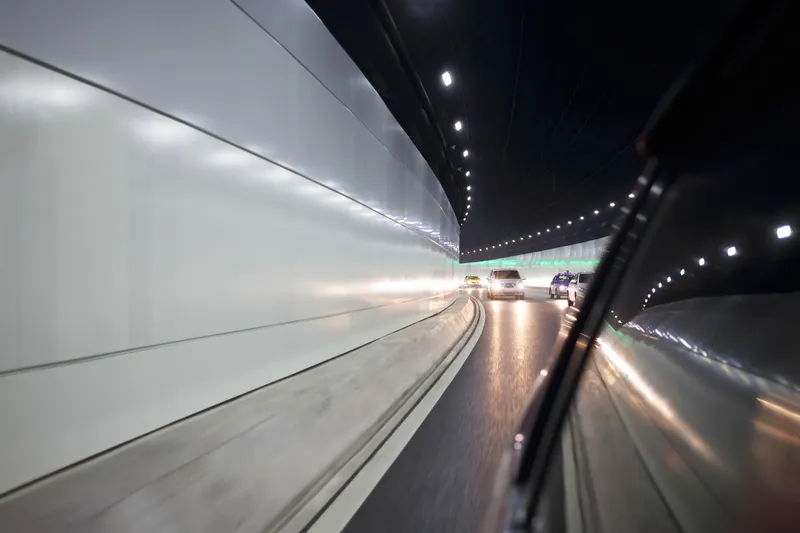Transport for London (TfL) has completed trials of intelligent speed assistance (ISA) technology fitted to buses. The trials saw the technology, which prevents vehicles from accelerating over speed limits, fully tested on two bus routes that included a variety of road environments and differing speed limits.
All buses fitted with ISA remained within the speed limit 97-99 per cent of the time, which TfL says proves the effectiveness of ISA. The extremely rare incidents of excess speeds were seen on downhi
March 18, 2016
Read time: 2 mins
All buses fitted with ISA remained within the speed limit 97-99 per cent of the time, which TfL says proves the effectiveness of ISA. The extremely rare incidents of excess speeds were seen on downhill sections of road.
TfL says the trials were particularly effective when travelling through 20mph zones, which are being widely introduced and cover around a quarter of London’s roads, helping to ensure other vehicles in the area adhered to the limit.
As part of the Mayor’s bus safety standard for London, that he announced last month, TfL intends to require all new buses from 2017 to have this technology fitted.










